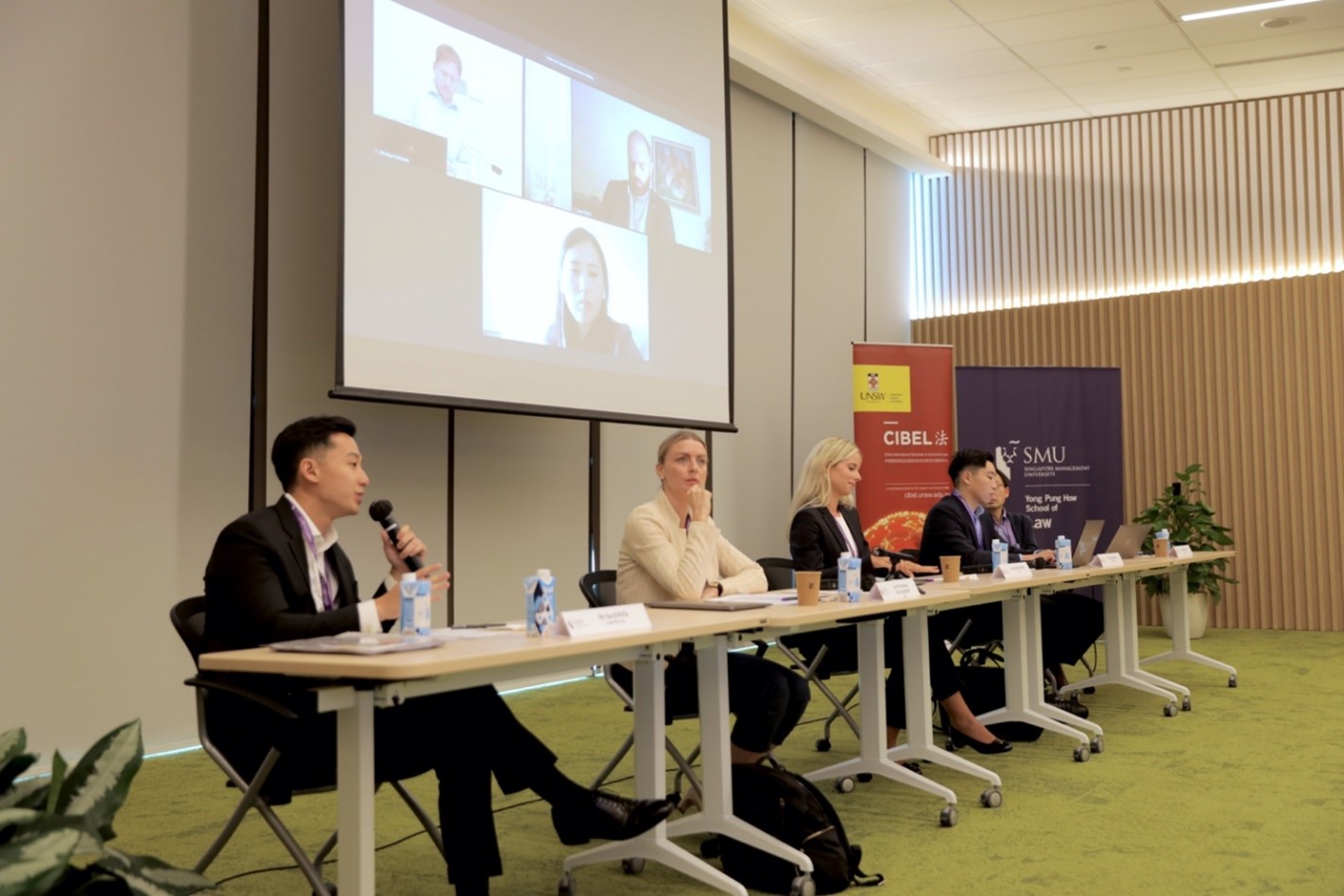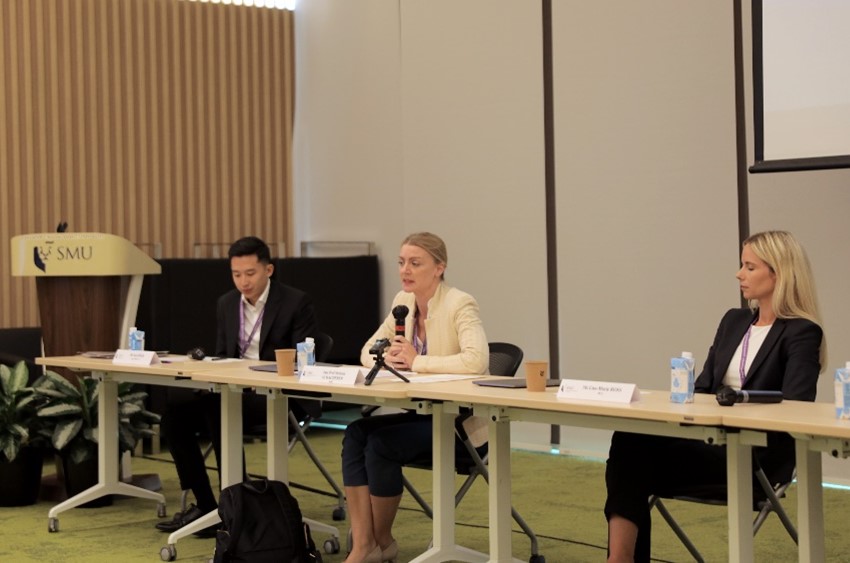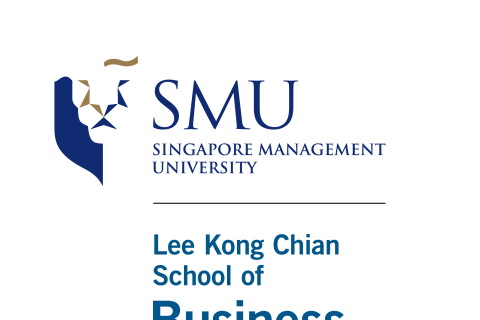
By Jill Arul
SMU Office of Research & Tech Transfer – Shaken by an influx of investment apps, volatile cryptocurrency and a sea of non-fungible tokens – the global banking and finance ecosystem has steadily become more complex in recent years. To ensure a sustainable financial future, regulation and legal frameworks must follow suit and transform as well. Specifically, in a bid to catch up with a changing landscape, governments in Asia must find ways to intervene in pursuit of consumer investor protection and financial stability.
One particularly complex topic is cryptocurrency – a decentralised system that some may not even consider currency at all. As cryptocurrency proliferates worldwide, Asia is part of a major boom and leads the world in cryptocurrency investment accounting for a third of global NFT sales in 2021. While the decentralised nature of the industry has proved beneficial for investors and traders, it also makes it very tricky to regulate.
In collaboration with the Herbert Smith Freehills China International Business and Economic Law (CIBEL) Centre at Sydney’s University of New South Wales (UNSW), Singapore Management University’s (SMU) Centre for Commercial Law in Asia held an academic conference that explored the future of financial systems like cryptocurrency and sustainable banking.

Guest-of-honour, Honourable Justice Ang Cheng Hock, delivering the opening remarks
The guest of honour, the Honourable Justice Ang Cheng Hock, opened the day’s sessions and stressed the importance of working towards robust regulation in the industry. “Without the benefit of a comprehensive review of laws and regulations governing the main issues and working areas, the courts often have to resort to applying traditional common law rulings and doctrines developed decades ago to resolve novel and previously unheard-of problems,” he said.
At the conference, to position Singapore as leaders in the space, SMU also launched the Sustainable Development and Commerce Initiative dedicated to research that drives sustainable finance and commercial law. The final academic panel of the conference saw experts coming together, both in-person and virtually, to discuss their findings on Green Innovation and Harmonisation in the (Crypto) Finance World.
The system as it is
A significant move that several speakers mentioned was the ASEAN Taxonomy for Sustainable Finance adopted in November 2021. The taxonomy was briefly cited by Mr Ian Kwek of Legis Point LLC and Dr I-Ju Chen from the University of Birmingham during their presentation and discussed at length by Assistant Professor Stefanie Schacherer from SMU.
Developed to ensure all segments of finance in ASEAN countries work together with ‘a common language’, the ASEAN Taxonomy is an example of regional collaboration and can serve as an overarching guide for member states working towards sustainable finance adoption.

SMU Assistant Professor Stefanie Schacherer (in the centre) presenting on the ASEAN Taxonomy for Sustainable Finance
Professor Schacherer explained that despite the differences in member state economies and regulation, regional cooperation is paramount to achieve the common goal of aligned national regulatory frameworks on sustainable finance.
“It is important to provide clarity for businesses and investors, but it also comes with a political dimension,” she said. “ASEAN wants to promote sustainable efforts within the region and provide an ASEAN voice in the debate on regulating sustainable finance. Finally, there is also an aspect of capacity building within the region, especially for countries that have not yet regulated sustainable finance.”
In their session, Associate Professor Christian Hofmann and Ms Lisa-Marie Ross, research associate, from the National University of Singapore went on to discuss specifically the law and regulation of cryptoassets in Singapore – where the country takes a generally lenient approach.
Their paper, the Law and Regulation of Cryptoassets in Singapore, explored the frameworks that govern all forms of digital tokens from digital payment to NFTs. Currently, Singapore has relied largely on existing regulation – where digital tokens with security features fall under Singapore’s securities laws and regulations and payment tokens fall under the Payment Services Act. Utility tokens, however, remain unregulated.
To protect against major risks to the nation’s financial stability, the Monetary Authority of Singapore (MAS) maintains control through generally worded regulation that allow it to intervene forcefully when required. “A second wave of regulation is to be expected and it will have to be more bespoke to address the specific challenges that come with the crypto revolution,” said Professor Hofmann.
Navigating a rough SEA
While the need for regulation is clear, the path to sustainable finance is a complicated one. As a member of ASEAN, Singapore must consider the needs of the other states in the region and the goals of the community as a whole. Significantly, Singapore must account for ‘greenwashing’ where investment is directed to green marketing rather than genuinely sustainable technology.
“The distortion of risk and hazardous consequences of pursuing profits over people will have serious impacts in legitimising Singapore’s ambition to share the experience with developing countries in Asia,” shared Mr Kwek. “Therefore, Singapore must develop an infrastructure that will be relevant to developing countries within ASEAN by minimising exploitation of vulnerable communities.”
To address these challenges, Mr Kwek suggested using the EU’s regulations as a model for ASEAN – where commonly accepted norms have to be defined and interpreted among Asian green financing institutions. Specifically, Mr Kwek recommended international arbitration as a tool that will allow each nation’s stakeholders to maintain control while aligning with ‘the ASEAN way’ of non-intervention and bottom-up practices.
Similarly, Professor Schacherer explained that a key challenge Asian countries face is measuring, quantifying and providing relevant environmental, social and governance (ESG) information. Without a clear understanding of ESG measurements and goals, the risk of greenwashing is further increased. In fact, ESG ratings typically focus on the risk of climate change and other threats to the corporation, rather than impact on communities and ecosystems. Here, she explained, taxonomies like the ASEAN Taxonomy can provide clarity toward sustainable finance regulation.
Whereas in stablecoin regulation, Mr Tony Song, research fellow at the University of New South Wales (UNSW Sydney), and Professor Jason Grant Allen from SMU shared in their presentation that predefined taxonomy may not be the most effective long-term solution when it comes to regulating stablecoins. Mr Song explained that because the industry – and technologies – are advancing and changing at such a rapid pace, by the time regional taxonomy is fully adopted, it can already be outdated.
To address this, Mr Song suggested a characteristic-driven taxonomy that accommodates for such changes over time. He explained that stablecoins can be identified according to their roles as a medium of exchange, a unit of account and a store of value. “This provides a more resilient taxonomy that can scale alongside evolutions in technology,” he said.
Ultimately, each speaker agreed that while the decentralised nature of cryptoassets must be maintained, there must also be regulation in place to protect investors, vulnerable communities and the sustainable growth of finance in Asia.
“A legal framework should provide clear guidance for the industry,” shared Professor Hofmann. “It is needed not only for the financial industry to give developers of technology guidance on what is expected of them, but also to plan ahead in terms of knowing what kind of investments to make.”
“We have experienced this so many times,” he added. “Whenever the financial industry experiences changes triggered by technological innovation, we need to provide a proper regulatory framework within which the industry can reliably operate.”
Back to Research@SMU November 2022 Issue
See More News
Want to see more of SMU Research?
Sign up for Research@SMU e-newslettter to know more about our research and research-related events!
If you would like to remove yourself from all our mailing list, please visit https://eservices.smu.edu.sg/internet/DNC/Default.aspx

